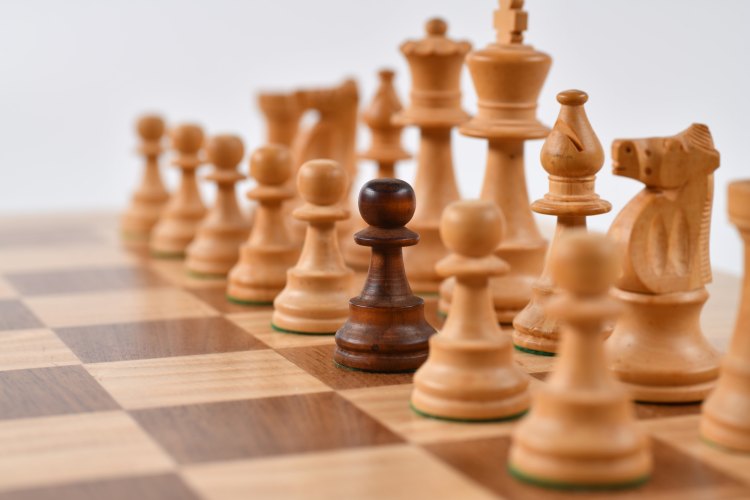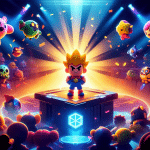Nailing down exactly when board games first emerged is nearly impossible in the mists of history, with the famous Game of Ur probably not even close to being the very first. What we do know is that the games of eras past have changed in many ways over the decades and centuries with most now completely unrecognisable from the original version.
Tradition and Evolution: How Board Games Change Over Time

Tradition and Evolution: How Board Games Change Over Time
Nailing down exactly when board games first emerged is nearly impossible in the mists of history, with the famous Game of Ur probably not even close to being the very first. What we do know is that the games of eras past have changed in many ways over the decades and centuries with most now completely unrecognizable from the original version.
Let’s take a look at the evolution of some well-known games as well as the reasons why they adapt so heavily over time.
Chess
Possibly the most refined game to ever have existed, board game or otherwise, chess has existed for thousands of years in dozens of forms. The site https://www.masterclass.com/articles/chess-101-who-invented-chess-learn-about-the-history-of-chess-and-3-memorable-chess-games gives the origin of chess as somewhere around the 6th Century in the form of chaturanga, a game from India that has similar structure and pieces. However, games that had at least some similarities go back further.
From chaturanga to chatrang and even shogi in Japan, every evolution of chess happened to fit the local customs, culture, and even state structure. By the time it reached Europe, the elephants had become Christian bishops and the counselors had become queens. From then on, streamlining the game was the focus as previously, it regularly took many hours or sometimes days to finish.
It was only around 500 years ago that chess as we know it now became standardized, making it the end point of thousands of years of development. Variants like shogi branched off to maintain their own rule sets but otherwise, modern chess played on board or machine is fundamentally the same game as it was in the 1500s. It’s the reason that it’s often called a ‘completed’ game thanks to having been analyzed so thoroughly from every possible angle, although as https://www.chessjournal.com/is-chess-a-solved-game/ makes clear, the experts disagree on that.
Monopoly
If chess is known as the ‘game of kings’ then there are also plenty of board games that come under the category of ‘games of everyone’. In some cases, these games are so simple that evolution is impossible, such as games like checkers or pachisi, also known globally as ludo.
To find real development, we have to instead look at more modern creations, namely the most popular casual game in the world. Counting the sheer number of ways to play Monopoly today is almost impossible. Even if we disregard the countless local versions that simply change out the locations and themes on the board, it really has adapted to the changing times.
Modern Monopoly can be played in the classic style or played with digital credit cards that simulate an electronic cashier. Beyond those, there are a large number of digital versions that adapt the original, including video games as well an entire series of slot and gambling titles that are a prominent fixture of the kind of sites featured at https://casinobonusca.com/. In fact, one of the largest live games of this type is Monopoly-themed and has a full virtual board with Mr Monopoly himself getting involved. It’s clear to see the appeal of such platforms that offer increased accessibility and reliability and why so many adaptations of classic games can be found here.
Bridge
We can’t end this article without mentioning the origins and evolution of bridge itself here at https://greatbridgelinks.com/how-bridges-origins-compare-to-those-of-other-classic-card-games/. Regular players and readers will be familiar with the game’s origins in whist, although fewer will know about the dozens of prototypes that came before it. However, while we know the game emerged in both the UK and the US simultaneously around the 1880s and 1890s, nailing down the exact origins is a little trickier with claims from India, Russia, and the Middle East.
Unusually for a card game, since the first creation of Contract Bridge, the game has seen virtually no changes to the main rules. The only significant updates have come in the scoring, which indicates that bridge has had a remarkably short evolution from start to finish. It probably also means that there isn’t a great deal more evolution that can happen down the line, although the future is always a big unknown.
For decades and even centuries, great thinkers of the world have declared that there’s nothing new under the Sun and everything has already been done. Always remember that those same minds have invariably been proved wrong time and time again.








